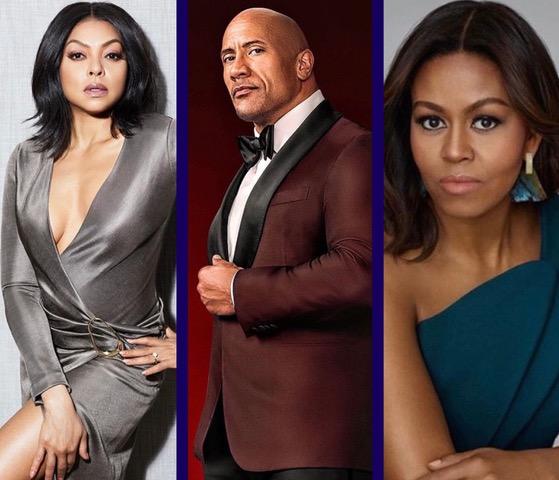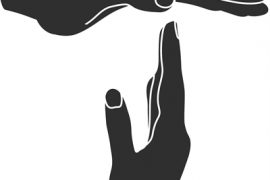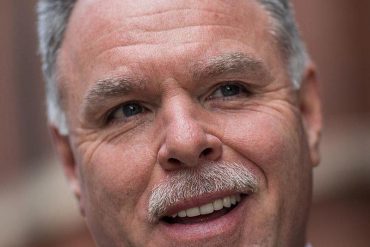“The mental state of the Black community is FRAGILE. That is not a diagnosis that is a CHARACTERIZATION_.”
Russell Hancock, Ph.D. Psychotherapist
In the Black community, there’s a stigma about mental illness, which results in a culture of silence around the subject. The culture of silence put Black men and women into the boxes of always needing to show strength and never embracing their vulnerability, which leads them not to seek help when needed.
Luckily, we’ve seen a shift in how people view and talk about mental health in recent years. Conversations about depression, anxiety, addiction, and more have moved from the private to the public sphere. When public figures open up about their mental health struggles, it can help break down stigma, spark essential discussions, and inspire people to seek treatment.
Taraji P. Henson
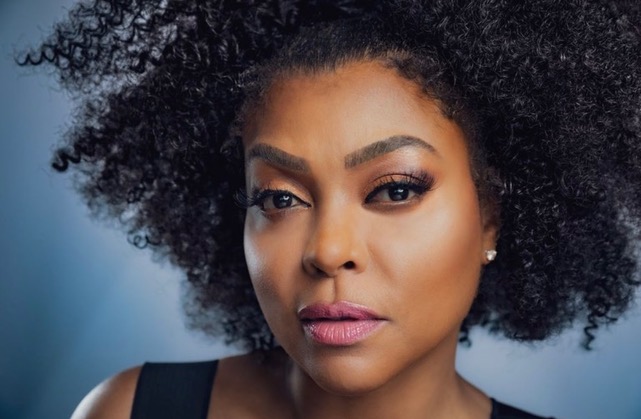
Having suffered from anxiety and depression, Golden Globe-winner Taraji P. Henson has not only been vocal about her psychological problems but also about destigmatizing mental illness in the Black community. Henson survived her father’s death from cancer in 2006 and the murder of her son’s father in 2003. In 2019, her anxiety symptoms include heart palpitations, sweating, nervousness, rumination, and feelings of helplessness. Moreover, she described her depression as a condition that can be “hard to climb up out of.”
“There are some times where I feel absolutely helpless,” she told Self magazine. “That’s human. Everybody feels like that. Just because I’m a Black woman, don’t put that strong-superhero thing on me.” In 2018, Henson started a foundation called The Boris Lawrence Henson Foundation that focuses on mental health in the African American population.
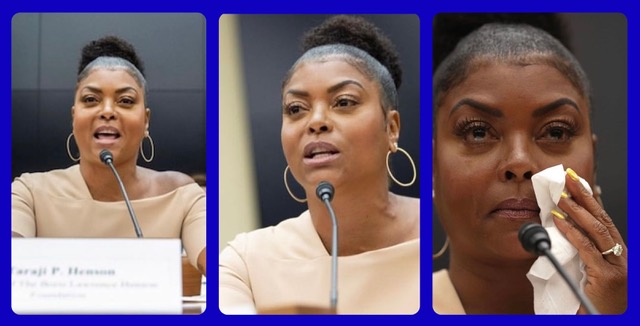
In 2019 Henson testified in front of the Congressional Black Caucus Emergency Task Force on Black Youth Suicide and Mental Health, saying, “I want to use my celebrity and my voice to put a face to this. This is a national crisis.” She has been praised for being a young single mother who graduated from college and worked hard for a Hollywood career, but she often struggled during her journey to fame and that the myth of the strong Black woman is harmful.
Congresswoman Bonnie Watson Coleman applauded her efforts, saying, “We can do the legislative piece…but it is a voice like yours that helps to elevate the discussion so that the people will react to it.”
Recently Henson took a month-long sabbatical alone and went to Bali for a month to “reset.”
Dwayne “The Rock” Johnson
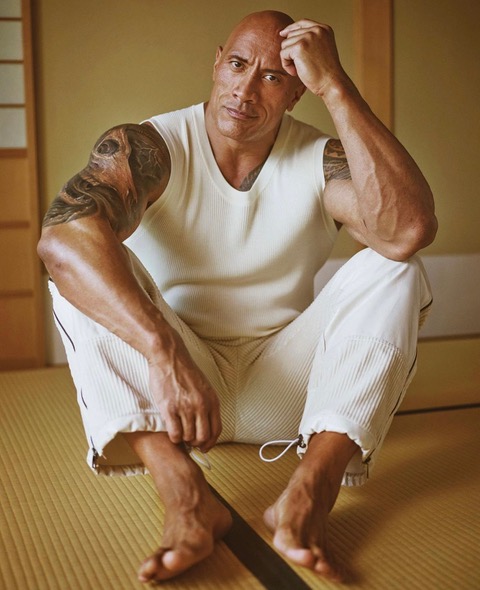
Known for his charm and thousand-watt smile, Dwayne “The Rock” Johnson, American actor, producer, businessman, and retired professional wrestler, has discussed his darker moments with depression in the past.
“My shoulder popped out of its socket and was just hanging there,” he told The Hollywood Reporter about his freshman year at the University of Miami. It sent him plummeting into his first of three depressions. “I didn’t know what it was,” he says. “I didn’t know why I didn’t want to do anything. I had never experienced anything like that.”
His 2008 divorce sent him into another depression. “Failing at marriage and as a husband was a heavy thing, and divorce had that special way of knocking me on my ass.” However, in a 2015 episode of Oprah’s Master Class, Johnson said that he got through depression by realizing that he wasn’t alone. “Have faith that on the other side of your pain is something good,” he said.
Michelle Obama
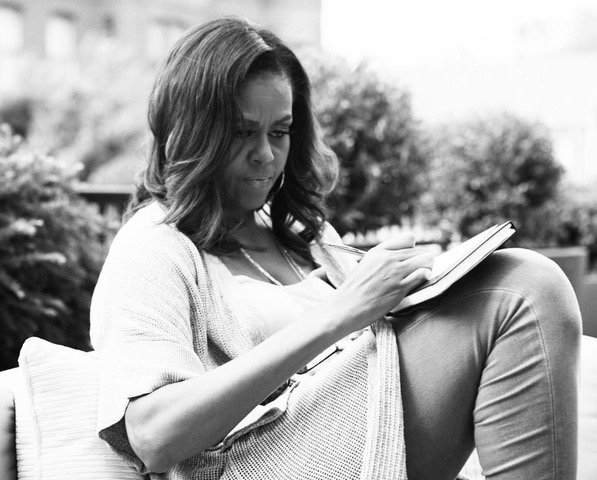
Former First Lady Michelle Obama revealed in August 2020 that she was suffering from low-grade depression due to the COVID-19 pandemic, racial tensions, and political divisions in the United States. “I’m waking up in the middle of the night because I’m worried about something or there’s a heaviness,” she said. “I try to make sure I get a workout in, although there have been periods throughout this quarantine where I just have felt too low.”
Obama elaborated that the Memorial Day 2020 police killing of unarmed African American George Floyd distressed her, as does the fact that so many Americans refuse to wear masks to prevent spreading COVID-19.” Depression is understandable in these circumstances, during these times,” she said in an interview with People magazine. “To think that somehow we can just continue to rise above all the shock and the trauma and the upheaval that we have been experiencing without feeling it that way is just unrealistic.”
Kanye West
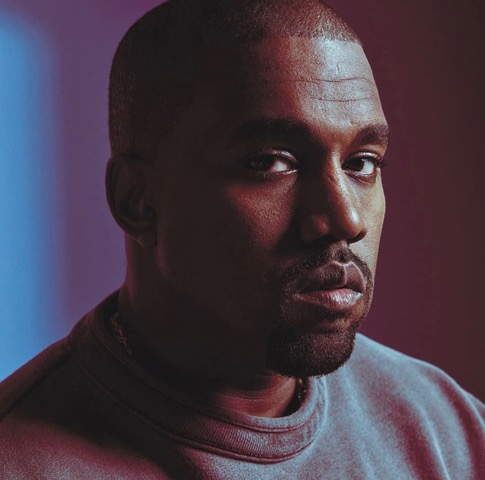
Kanye West revealed that he was diagnosed with a “mental condition” at the age of 39 and considered it a “superpower” that apparently helped fuel his creativity.
The rapper didn’t name the condition, but in 2018 he referred to bipolar disorder on “Ye.” The artwork for the album also featured a photo of mountains, with a hand-written scrawl reading: “I hate being bipolar; it’s awesome.” On one of his tracks, “Yikes,” he raps: “That’s my bipolar sh*t, nigga what? That’s my superpower, nigga. Ain’t no disability. I’m a superhero! I’m a superhero!” He also raps about contemplating suicide — and murder.
In recent years West, now 45, has attracted a lot of attention and fierce criticism for his erratic behavior — particularly his abrupt shift towards conservative politics and embracing Donald Trump.
Some of West’s offensive statements — like “slavery was a choice” — were made during what appeared to be severe manic episodes. However, criticism of Kanye has often been fierce and unforgiving. His statements and behavior have unquestionably been offensive and hurtful.
West’s erratic behavior is part and parcel of the mental health disorder, which, according to the American Psychiatric Association, can bring on “extreme and intense emotional states” and can include “risky behavior” and irritability.
Jenifer Lewis
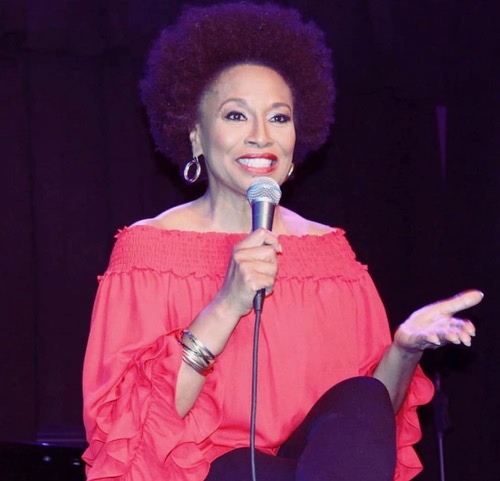
Jenifer Lewis, one of Hollywood’s most beloved character actors, was diagnosed with bipolar disorder two decades ago.
“It’s hard to accept that you have a problem,” Lewis said about her diagnosis.
“That’s another piece of the disease – the denial,” she added. “You think everyone cries themselves to sleep? Instead, you should ask yourself, why am I so depressed? Why am I so angry with my children and my partner … why am I depressed or over the top?”
Lewis, who starred in “Black-ish,” says that one must practice self-love to overcome mental illness: “You have to look in the mirror … and say, before you can go or grow into anything, you have to say you love yourself.”
Michelle Williams
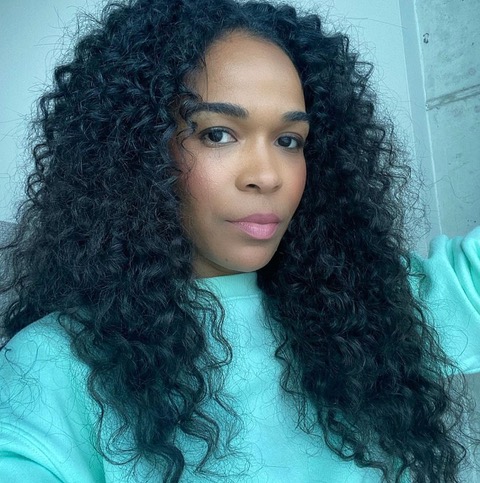
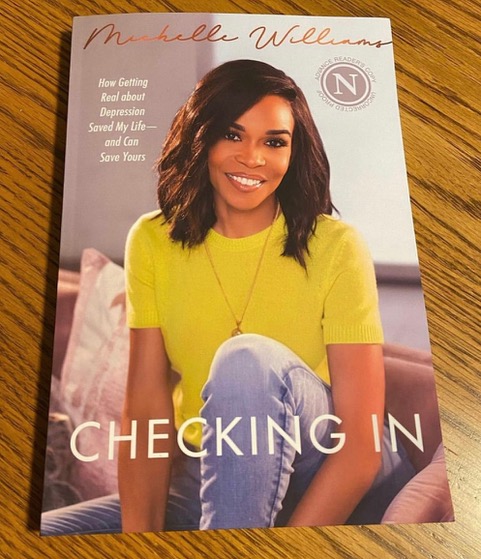
Grammy-winning singer-songwriter Michelle Williams let the world in on her mental health journey and the decision to get the help she needed with severe depression. However, it wasn’t until decades later, after rising to fame alongside Kelly Rowland and Beyoncé Knowles in Destiny’s Child, one of the top-selling female groups of all time, that Williams was even referred to a therapist. “It all turns around when you have the right support system,” she says. “I knew it was treatable when they didn’t make me feel ashamed.”
After stepping away from her role in a Broadway play, Williams stated her journey to recovery. Today I proudly, happily, and healthily stand here as someone who will continue to always lead by example as I tirelessly advocate for the betterment of those in need; if you change your mind, you can change your life,” Williams wrote.
Williams got candid about her journey with depression and prioritizing mental health in her memoir Checking In: How Getting Real About Depression Saved My Life — and Can Save Yours, where she discussed suicidal thoughts, the importance of her faith, family, and friends; and the lessons she’s learned about prioritizing her mental health. “Everything is not perfect,” Williams said, “And that is okay.”
When asked, “What do you want people to know about the stigma surrounding depression and mental illness in women?” Williams replied. “The idea that someone with anxiety or depression looks or acts a certain way is not true. There are so many people walking around living with masks on, smiling on the outside but in pain on the inside. I’m one of those people. Don’t be ashamed to say, “I’m facing some depression.” People will understand. Anxiety is rooted in fear, which is a natural human response to fear. Let people know, “Hey, don’t make me ashamed of human emotion.”
*Anyone in the United States experiencing a mental health crisis can text or dial 988, the new National Suicide Prevention Lifeline.
The 988 number was established to address the growing suicide and mental health-related crisis care needs in the U.S., according to the Substance Abuse and Mental Health Services Administration.


